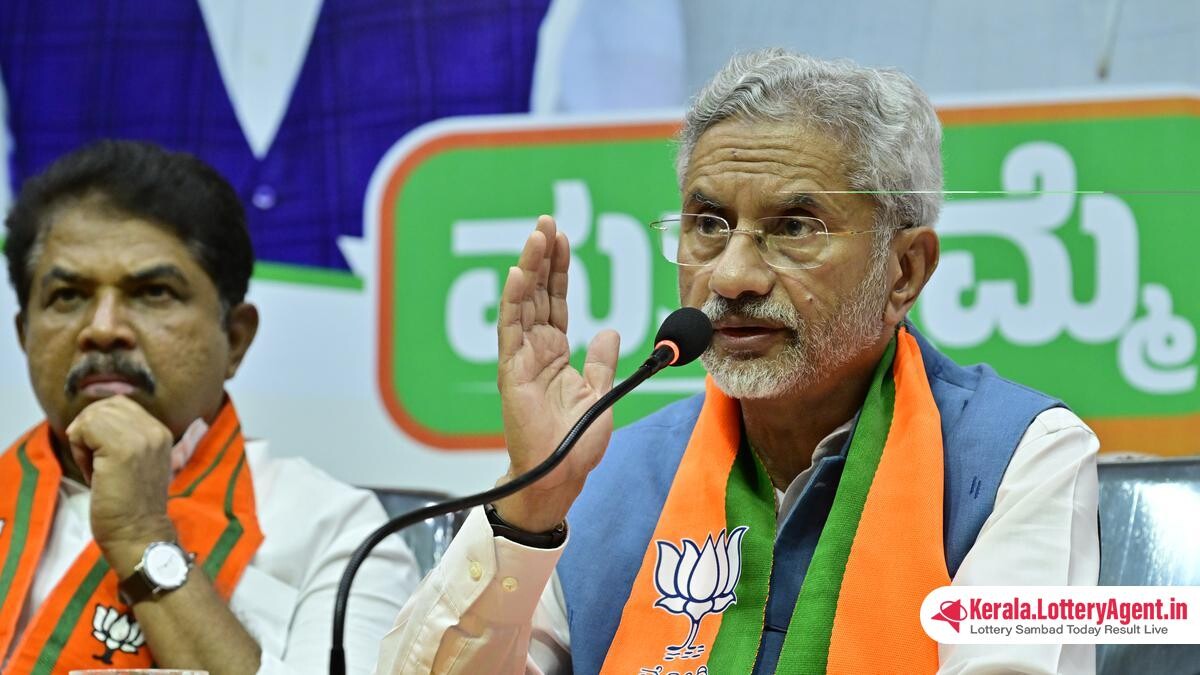
With geopolitical tensions on an upsurge, External Affairs Minister S. Jaishankar conveyed apprehensions that intensifying hostilities between Iran and Israel might lead to serious repercussions for the Indian economy by driving oil prices skywards. During an informal meeting with press members in Bengaluru on the 16th of April, Jaishankar shared his insights regarding the potential financial burden that any Middle East conflict might engender, encompassing not only inflation in oil rates but also in transshipment, insurance, and energy outlays.
The precarious geopolitical dance in the Middle East continues, with global entities, including the US, urging Israel to avoid exacerbating the conflict with Iran. All the while, domestic factions within Israel are advocating for a robust reaction to Iranian provocations, as reported by numerous Israeli media outlets. The Minister suggested that the forthcoming days would be critical in witnessing how external international pressures might offset the inward calls for retaliation in Israel.
“My sense is that in the next few days we see how the pressure from the rest of the world and pressure from within Israel will play out,” Jaishankar stated, implying a wait-and-watch approach to the unfolding scenario.
However, the Minister was quick to downplay any immediate effect such an escalation might have on the ongoing Lok Sabha elections in India. Specifying a timeline, he indicated that the turbulence would take months rather than weeks to have a tangible impact on oil prices. “We are looking at months and not weeks (for any impact). I don’t think it will have any impact on polls,” he reassured, suggesting a buffer period before any financial impacts hit the common citizen.
Despite the brewing international crisis, Jaishankar emphasized that India’s current utmost priority is the swift repatriation of 17 Indian nationals aboard the Israel-affiliated shipping vessel, MSC Aries, which was detained by Iran’s Revolutionary Guard Corps in the strategic Strait of Hormuz.
Fielding questions on the topic of citizenship policies, Jaishankar clarified India’s stance against granting dual citizenship. He elaborated that the concept carries numerous implications, including significant ones for national security and logistical challenges concerning the overseas-based populous Indian citizenry and their ability to vote. He noted, “The general sense right now is that the problems of dual citizenship outweigh the benefits. We look at it as a national security and logistics exercise.”
Furthermore, the Minister made an intriguing revelation suggesting political implications of such a policy change. He acknowledged that a majority of those eligible for dual citizenship would likely favor the ruling BJP party. However, he highlighted the current government’s orientation towards more foundational issues such as national security over more populist measures. “By the way, we know that majority of people who get dual citizenship probably vote for BJP. But it is a testimony to BJP’s maturity and objectivity that at the moment we are not considering dual citizenship,” Jaishankar remarked, steering the conversation back to the overarching theme of responsible governance.
The Minister’s words come at a time of heightened alertness on the international stage, with the interplay of war, economics, and politics becoming ever more interwoven and complex. As the world eyes the evolving situation in the Middle East, countries with significant stakes in oil, like India, brace for possible economic shockwaves that may arise from any disruption in the geopolitical equilibrium.












